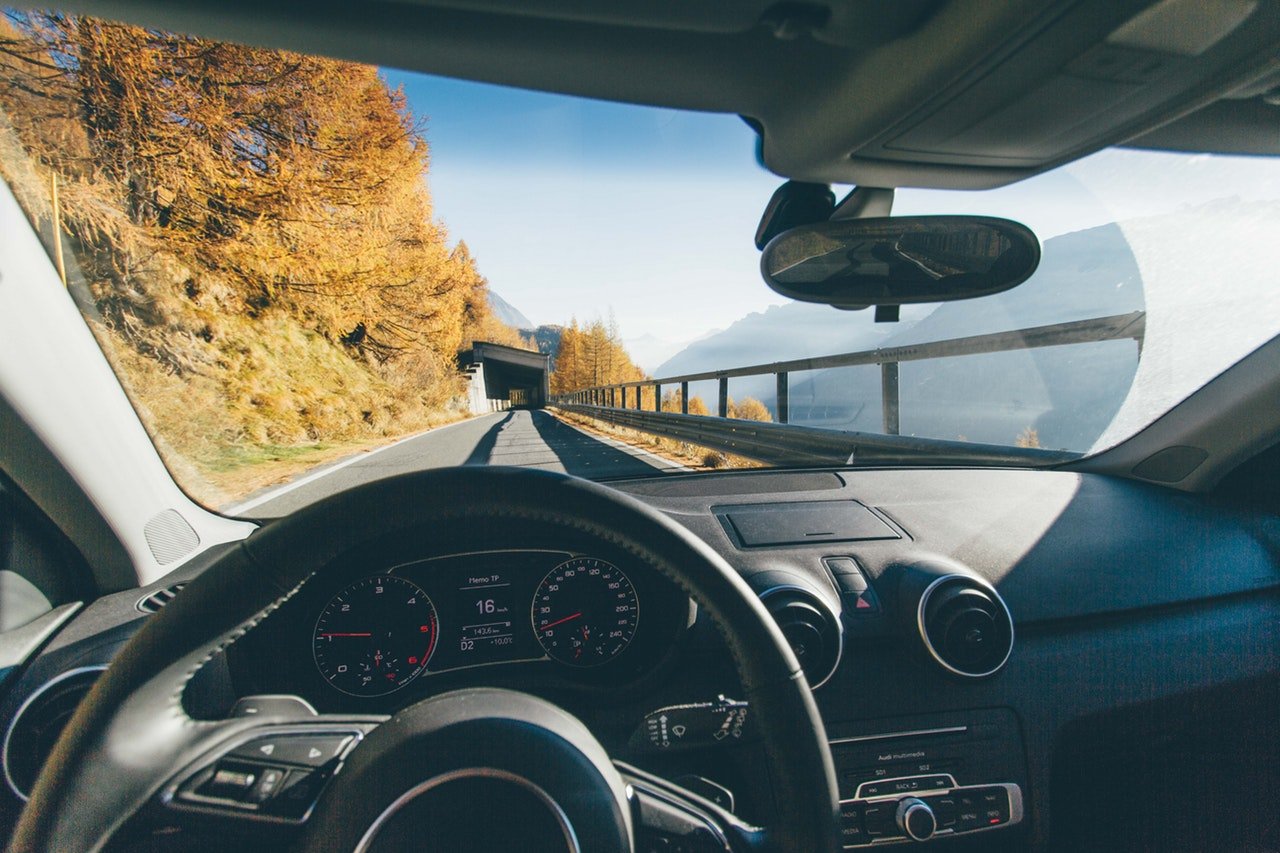In a world where Intel data has suggested the self-driving industry will grow into a $7 trillion industry by 2050, it is altogether fitting that the entire automotive industry is taking notice of where the future of transportation is heading. The ridesharing economy, has similarly paid attention, which has led to fierce competition and even lawsuits (Uber and Google’s Waymo are two competitors that recently found themselves in a legal dispute that resulted in Uber paying well over $200 million).
Lost in the race toward industry dominance in the self-driving space, however, are the concerns of everyday Americans about the safety of riding in an autonomous vehicle. Indeed, two recent surveys have demonstrated that the majority of Americans have very real concerns about the recent coverage of high-profile accidents involving self-driving cars.
Surveys Show Americans Are Concerned Over Self-Driving Crashes
An online survey conducted by Brookings Institution revealed that over 3 in 5 Americans are inclined to not ride in self-driving vehicles. As further evidence of the self-driving skepticism that exists among Americans, an Advocates for Highway and Auto Safety survey showed that 69% of respondents are concerned about having to share the road with autonomous vehicles.
Of course, it is not lost on these individuals that human error is frequently involved in accidents as well. Despite this understanding, other research has shown the majority of Americans are unconvinced that the move toward self-driving cars will result in better safety figures.
What is perhaps most worrisome for many Americans, is that tech companies and car manufacturers have not waited for safety fears to be alleviated through effective regulations on self-driving vehicles. While Congress makes slow, incremental progress toward bipartisan legislation for self-driving vehicle rules and regulations, autonomous vehicles are on the road in large numbers.
And, the miles being accumulated by these companies and their fleet of self-driving cars are extensive. Indeed, Google’s Waymo indicated publicly that their self-driving cars being tested are logging a collective average of 25,000 miles daily on American roads. If Americans are broadly conscientious and concerned about self-driving cars, then it is fair to say that the tech sector is far less concerned given the significant testing happening already.
A Lack of Federal Regulation and Ongoing Self-Driving Car Testing Raises Valid Legal and Safety Concerns
Ideally, the seemingly inevitable future of self-driving cars will be paired with a genuine concern for the safety and wellbeing of all Americans on the road. In Tempe, Arizona alone, the first fatal accident involving an Uber self-driving car occurred, and the same city was the location of a Waymo self-driving test vehicle’s crash.
Similar accidents have occurred in Pittsburgh and around the country, highlighting why many Americans are rightly concerned with the lack of legislation and legal clarity surrounding the status of self-driving cars on the road.
Unless and until self-driving cars are regulated, the fact remains that tens of thousands of miles will be logged every day by self-driving vehicles in their testing phases.
If you or a loved one has been injured by a self-driving vehicle, the Ledger Law Firm is here to represent you and your legal right to compensation. Contact us online today for a free case evaluation with a Ledger Law self-driving car accident lawyer.

Emery Brett Ledger brings more than 27 years of experience to personal injury law. He founded & led The Ledger Law Firm in securing over $100 million in compensation for clients with life-altering injuries & complex claims. Licensed in California, Texas, & Washington, Emery earned his law degree from Pepperdine University School of Law. His practice areas include car & truck accidents, wrongful death, catastrophic injuries, maritime claims, & mass tort litigation. He has been recognized by The National Trial Lawyers’ Top 100, Mass Tort Trial Lawyers Top 25, and America’s Top 100 Personal Injury Attorneys. Emery also received the 2025 Elite Lawyer Award & holds a perfect 10.0 Avvo rating with Platinum Client Champion status. His legal work has been featured on CNN, Forbes, NBC, & ABC.



